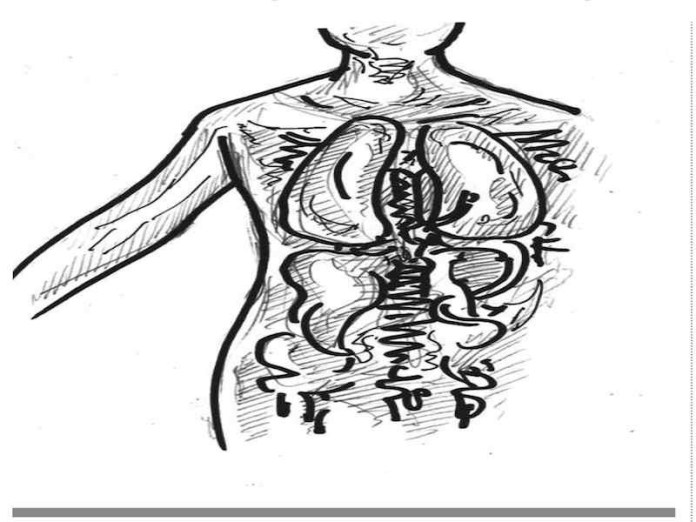
There is urgent need for enlightenment campaign on healthy living
Diabetes, one of the commonest non-communicable diseases, is increasingly becoming a major public health problem in Nigeria. According to the World Health Organisation (WHO) some 12 million Nigerians are suffering from the ailment, the highest number in sub-Saharan Africa. Last year alone, 120,000 Nigerians reportedly died from the disease. “Diabetes is not just a medical issue but one with a huge multi-sectoral and socioeconomic dimension and severe burden on the health system and national economy, through direct medical expenditures and loss of man hours and wages,” said the Nigerian Medical Association (NMA).
Indeed, at the 2016 World Health Day, the federal government decried the high prevalence of the disease in Nigeria. Even more worrying is the fact that a significant number of diabetes cases is undiagnosed, which means that many of the sufferers are not even aware they have the condition. That makes the disease to be another silent killer – like hypertension and other heart-related ailments.
Diabetes, a disorder of the body’s hormonal system, according to experts, occurs when blood sugar levels consistently stay above normal and hence unable to let the body cells receive sugar (called glucose) due to lack of insulin to drive it into the body cells or lack of the cell receptors to recognise insulin and utilise its function . Glucose is an essential source of energy for the brain and the body and insulin is one of the main hormones that regulate blood sugar levels.
There are two types of diabetes: Type one, which development is often sudden and dramatic and still cannot be prevented according to experts; and Type two – the commonest and associated more with lifestyle and with symptoms often difficult to detect. However, there are several symptoms associated with the ailment. The commonest ones include frequent urination, excessive thirst, increased appetite and weight loss. Others are a tingling sensation or numbness in the hands or legs, blurred vision, tiredness and slow-healing of wounds. Some of the causes of diabetes are put down to obesity, lack of physical activity and unhealthy nutrition. Some are passed down through first degree relatives with diabetes.
Professor Chris Bode, the Chief Medical Director, Lagos University Teaching Hospital (LUTH) said one of the risk factors associated with overweight is the tendency to be diabetic, making it difficult for sufferers to enjoy life up to old age, unless managed properly. Indeed, he said one of the ways of beating diabetes is for Nigerians to check their weight and avoid factors that predispose them to increased body size. Unfortunately, many Nigerians increasingly pattern their lifestyles after those in the developed countries where diabetes is prevalent, but where they have the wherewithal to substantially manage it.
“Today, most of us prefer to drink sugary beverages, against taking water,” said Professor Bode. “When our children are going to school, we prefer to give them sugary foods, biscuits and all sorts of drinks, and over time the kids will be used to such foods and drinks. The truth is, since these are what they are exposed to, they will continue to eat such things even when they grow up. This is becoming a growing habit in Nigeria and other developing countries, thereby making us highly prone to diabetes mellitus”.
Indeed, over the last 30 years, there has been a steady rise in the prevalence rate of diabetes among Nigerians. The latest estimates put it at between 8 and 10 per cent. Also worrying is that the disease afflicts Nigerians of productive age and a leading cause of blindness, amputations and kidney diseases.
There is therefore an urgent need to reverse this dangerous trend through target prevention and appropriate care. A national enlightenment campaign for healthy living would be in order, in addition to periodic medical check-ups. Perhaps by so doing, we could cut drastically the numbers of unnecessary deaths.
END

Be the first to comment